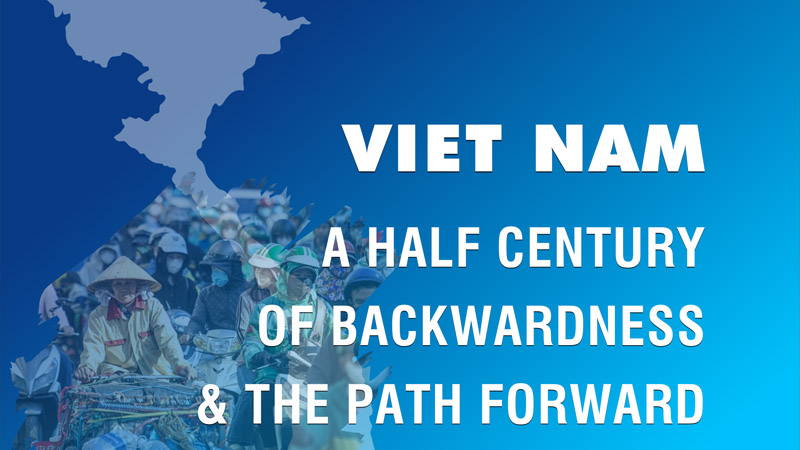
16 March, 2010
In pursuit of a consistent and accurate Map Policy over the National Geographic Society’s 122-year history as a not-for-profit scientific and educational institution, we strive to be apolitical, to consult multiple authoritative sources, and to make independent decisions based on extensive research. We do not seek to resolve or take sides in recognized disputes regarding territory or names, but to pursue a de facto policy — that is, to portray for any reader or viewer to the best of our judgment the current reality of a situation.
With respect to the Paracel Islands (the traditional name), National Geographic has recognized that this archipelago has been occupied and administered by the Chinese government since 1974, and as a result, the Society recognizes the Chinese name Xisha Qundao as the primary name. This is consistent with our Map Policy. On our regional and other maps of sufficient scale, we specifically also recognize and designate the alternative Vietnamese name Hoàng Sa, and the traditional name Paracel Islands, and include a note indicating that while China occupies and administers the archipelago, Vietnam claims the archipelago as its own. We believe that is the current reality from everything we know.
We have recently received complaints about the particular depiction on our World Map, the scale of which makes it difficult to include detailed information about a small land mass such as the Paracel Islands. We have carefully reviewed the situation and recognize that simply denoting the archipelago with the Chinese name and the word “China” in parenthesis without further explanation can be misleading and misinterpreted. In the future, we will either provide the additional explanation that is included on our other maps as described above, or we will omit any designation. We hope this better clarifies the de facto situation that is described on our other maps in greater detail.
Contacts:
Cindy Beidel
National Geographic
202-862-5286
cbeidel@ngs.org





